Freedmen played a significant role in shaping Roman commerce and culture, highlighting a unique aspect of ancient society. In ancient Rome, freedmen were former slaves who gained their freedom through manumission, entering a distinct social class with both opportunities and limitations. This position allowed them to influence economic activities and cultural expressions, significantly impacting the development of Roman cities and the empire as a whole.
Key points to consider:
- Freedmen maintained strong economic ties with their former owners, often becoming essential players in commerce.
- They engaged in various trades, contributing to the diversification and expansion of Roman markets.
- Culturally, freedmen blended traditions from their past with new freedoms, enriching Roman social life and arts.
Understanding this dynamic helps illuminate how freedmen contributed beyond mere survival, actively shaping the economic vitality and cultural fabric of ancient Rome.
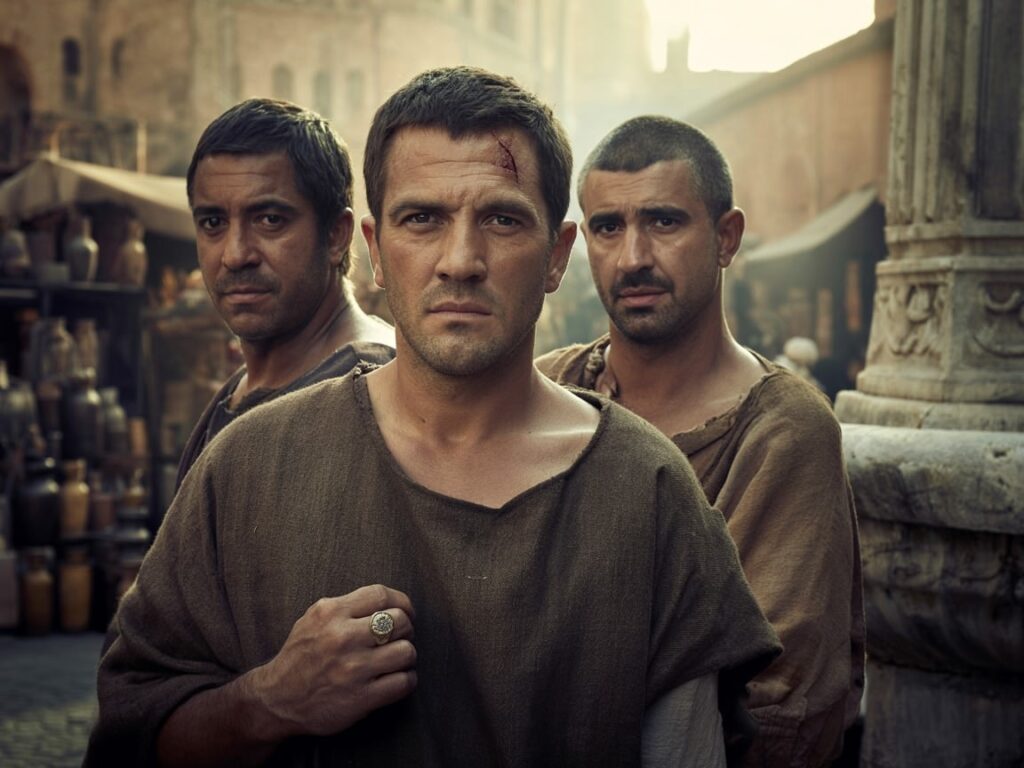
Understanding the Status of Freedmen in Ancient Rome
The process of manumission marked the formal act by which a slave was granted freedom. This legal procedure was pivotal, transforming slaves into freedmen who gained a new social identity. Manumission could occur through various means such as a master’s will, official ceremonies, or direct grants during the owner’s lifetime. It represented not just liberation but also an entry point into Roman society as citizens with specific rights and obligations.
Freedmen occupied a unique social status that was distinct from both slaves and freeborn citizens. Upon manumission, they acquired Roman citizenship, yet this status came with limitations:
- Legal rights: Freedmen could own property, marry legally, and engage in commerce.
- Restrictions: They were barred from holding certain public offices and faced social stigma in elite circles.
- Obligations: Freedmen owed loyalty and services to their former owners, who became their patrons.
The patron-client relationship between freedmen and their former masters remained central to Roman social dynamics. Freedmen depended on their patrons for protection and political support, while patrons benefited from the economic activities and loyalty of their freed clients. This bond often extended into business partnerships and mutual advancement within Roman commercial networks.
Understanding these legal frameworks and social nuances clarifies how freedmen navigated their ambiguous position. Their status combined newfound freedoms with ongoing dependencies, shaping their roles in commerce and culture throughout the empire.
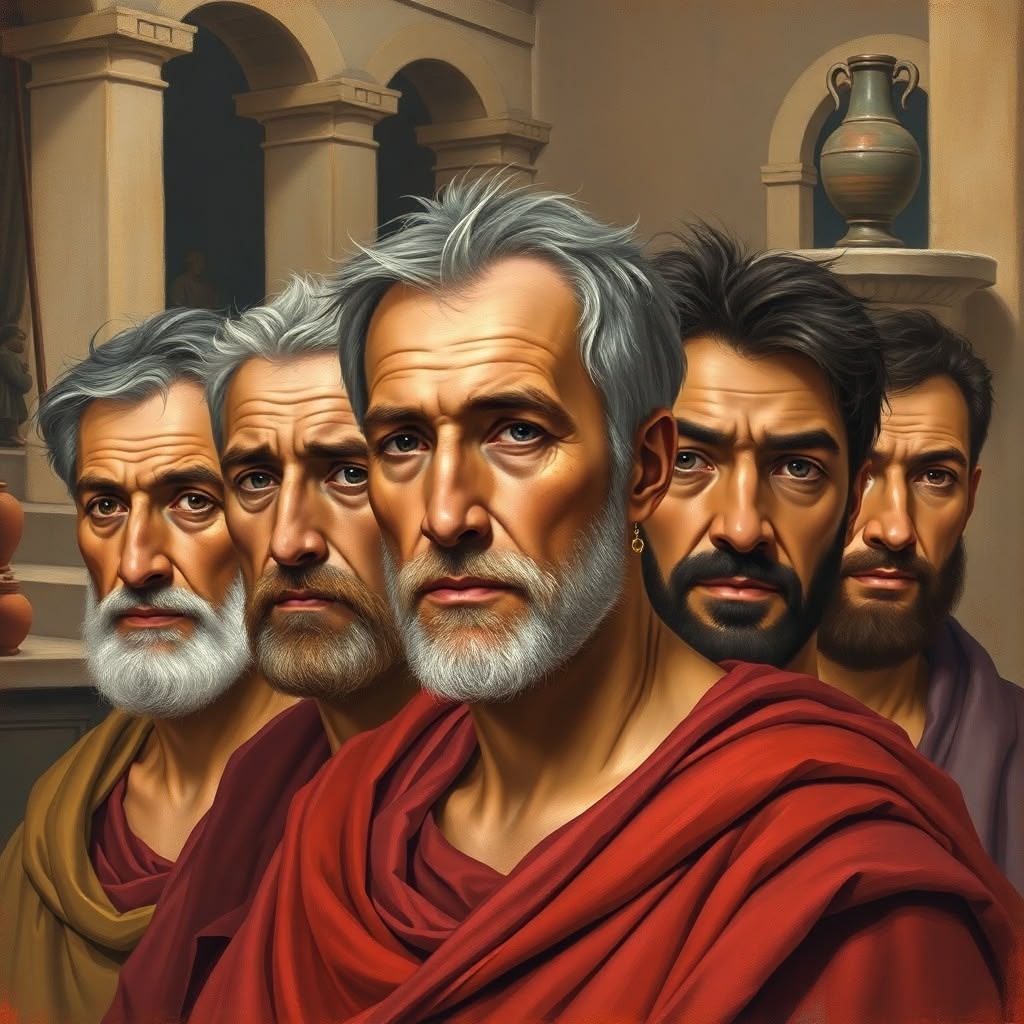
Freedmen’s Impact on Roman Commerce
Freedmen maintained strong economic ties with their former owners, which proved essential for their business success. These ties often manifested through the patron-client relationship, a social institution where freedmen (clients) relied on their patrons—their ex-masters—for support, protection, and access to commercial opportunities. Patrons, in return, benefited from their clients’ labor and economic activities, creating a mutually advantageous alliance.
The patronage system functioned as a crucial facilitator of commerce for freedmen by:
- Providing introductions to influential contacts within the marketplace.
- Offering financial backing or credit necessary to launch or expand ventures.
- Lending social legitimacy and trustworthiness in business dealings.
This system allowed freedmen to navigate the complexities of Roman commerce more effectively than they could alone.
Integration into existing business networks marked another vital aspect of freedmen’s commercial impact. Freedmen often inherited or took over parts of their patrons’ enterprises after manumission, leveraging established client bases and supply chains. Their participation spanned diverse sectors, from manufacturing workshops to retail markets and financial services.
Key characteristics defining their integration include:
- Access to well-organized trade routes and distribution channels.
- Collaboration with other merchants and artisans within guild-like associations.
- Ability to operate semi-independently while maintaining loyalty to patron families.
Such integration not only helped freedmen secure economic stability but also contributed significantly to the vibrancy and expansion of Roman urban economies.
This dynamic between freedmen and patrons highlights how commerce in ancient Rome was deeply embedded in social relationships rather than purely transactional exchanges. Freedmen’s ability to sustain these connections after manumission underpinned much of their commercial activity and economic influence in the empire.
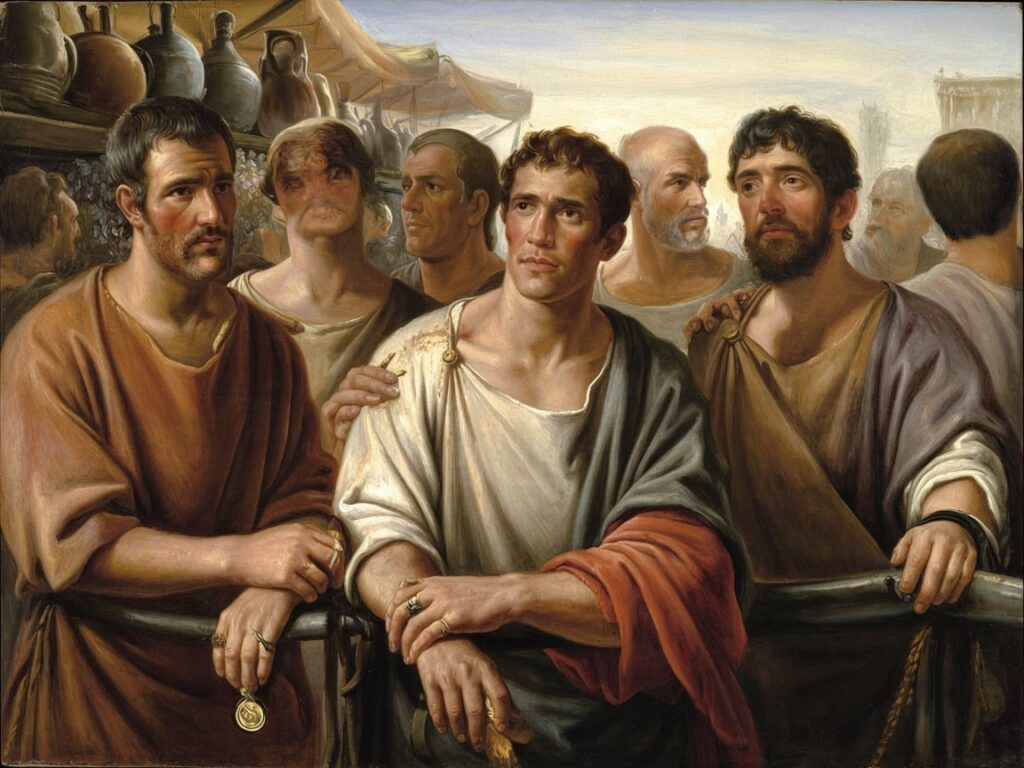
Diverse Roles of Freedmen in Roman Trades and Industries
Freedmen were deeply embedded in the economic fabric of ancient Rome, taking on diverse roles that extended across manufacturing, retail trade, and finance in ancient Rome. Their unique position allowed them to leverage skills acquired during servitude while navigating new opportunities as freed citizens.
Manufacturing
Many freedmen worked in or owned workshops producing goods essential to Roman daily life. They specialized in:
- Textiles: Freedmen often operated looms and dyeing facilities, contributing significantly to clothing production.
- Pottery and Glassware: Skilled freedmen crafted ceramics and glass items that were widely traded throughout the empire.
- Metalwork: Some freedmen became blacksmiths or jewelers, producing tools, household items, and luxury goods.
Such involvement not only underscored their craftsmanship but also helped fuel urban economies by supplying both local markets and distant provinces.
Retail Trade
Freedmen frequently entered retail commerce as shopkeepers or market traders. Their activities included:
- Running tabernae (small shops) selling foodstuffs, wine, or household goods.
- Acting as middlemen or agents for larger enterprises owned by wealthy patrons.
- Managing stalls in bustling forums and marketplaces.
An example is the freedman Publius Clodius who operated a successful bakery chain in Rome. His business served urban populations hungry for affordable bread, showcasing how freedmen could scale retail ventures.
Finance
Some freedmen moved into financial services, a sector critical to Roman commerce:
- Providing loans at interest (though often limited by legal restrictions).
- Managing estates or businesses on behalf of patrons.
- Engaging in tax farming—collecting taxes for the government—which could be highly profitable.
A notable figure is Gaius Julius Zoilos, a freedman who amassed wealth through moneylending and estate management. His financial acumen illustrates the important role freedmen played beyond manual trades.
The role of freedmen in shaping Roman commerce and culture becomes clearer when examining these varied economic activities. Their contributions spanned practical manufacturing skills, entrepreneurial retail ventures, and sophisticated financial dealings—each reinforcing their growing influence within Roman society.
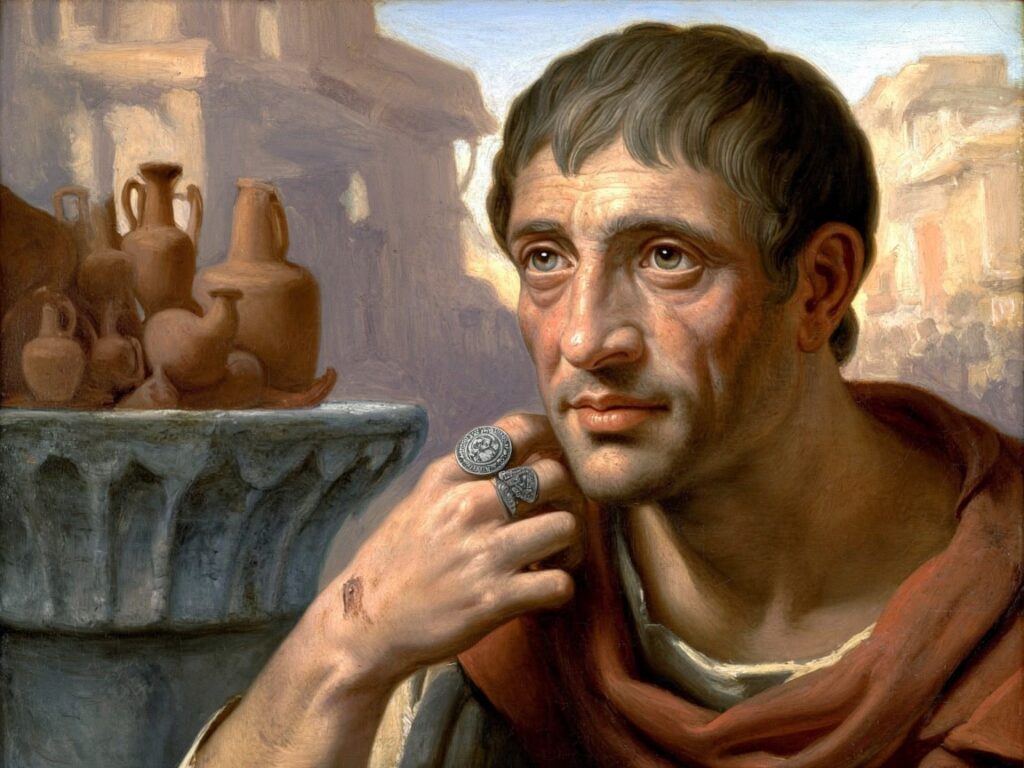
The Role of Freedmen in the Economic Growth of Ancient Roman Cities
Freedmen played a crucial role in the growth of the urban economy in Roman cities. Their entrepreneurial spirit and dedication to trade brought new life to urban markets, promoting economic activity that fueled population growth and city development. By setting up workshops, shops, and financial ventures, freedmen generated employment opportunities and increased demand for goods and services vital to city living.
How Freedmen Influenced Urban Economies
Here are some key ways in which freedmen influenced the economies of Roman cities:
1. Boosting Local Businesses
Freedmen often ran small to medium-sized businesses that provided essential items like clothing, pottery, and food directly to urban areas. Their enterprises had a direct impact on the economic vitality of cities, serving both local residents and the increasing number of migrants seeking employment.
2. Expanding Trade Beyond City Limits
Some freedmen entrepreneurs went beyond city boundaries by engaging in regional and imperial trade networks. They facilitated the movement of goods such as grain from Egypt, olive oil from Hispania, and luxury products from the East through ownership of ships or partnerships with merchants. This expanded trade further solidified Rome’s position as an economic center.
3. Building Commercial Connections
Freedmen utilized social connections established through patronage relationships to access funding and information crucial for their businesses. These networks improved their ability to navigate complex market systems and adapt to economic changes.
4. Contributing to Tax Revenue
The productive activities of freedmen made significant contributions to municipal finances through taxes imposed on commerce and property. This revenue supported public infrastructure improvements that encouraged further urban growth.
The Impact of Freedmen on Roman Cities’ Economies
Freedmen did not simply participate in the economy; they actively influenced market dynamics by introducing innovative business practices and quickly responding to consumer demands. As a result, their collective efforts strengthened the foundations of Roman cities’ economies and shaped trade patterns throughout the empire.
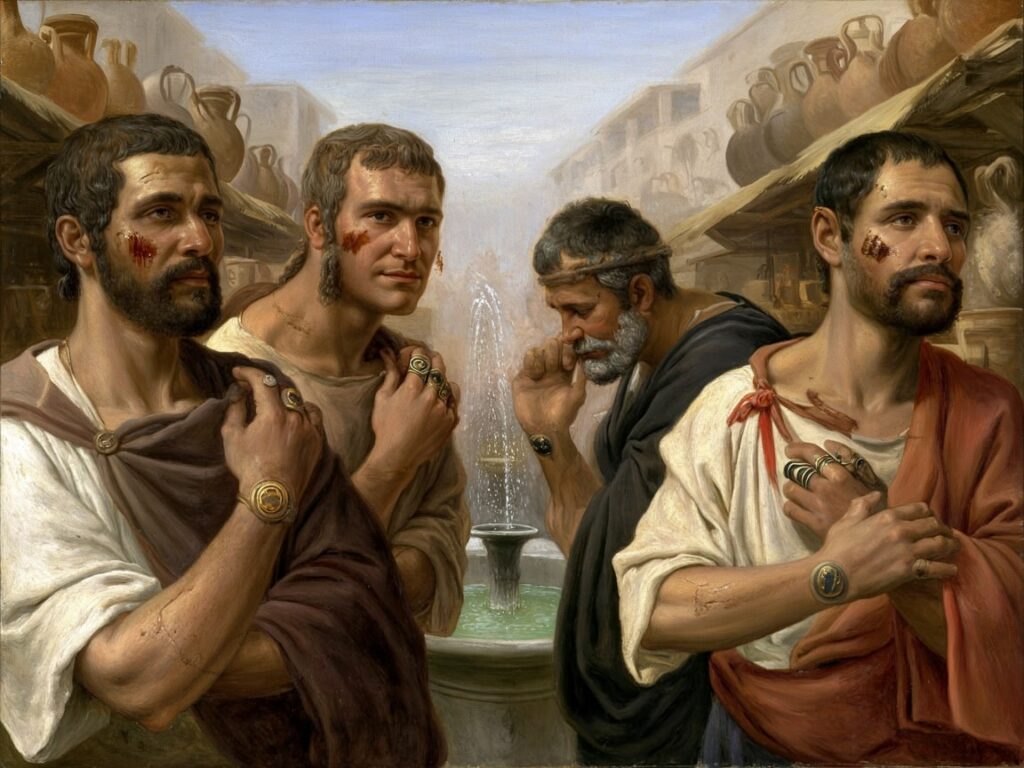
Cultural Contributions of Freedmen to Roman Society
Freedmen occupied a unique position that allowed them to blend elements from their past servitude with the freedoms granted through manumission. This fusion deeply influenced their evolving identity within Roman culture. They navigated a path between their former status as slaves and their new roles as citizens, crafting a hybrid cultural identity that reflected both worlds.
Key aspects of freedmen’s cultural integration include:
- Retention of Personal Traditions: Freedmen often preserved customs and practices from their origins, maintaining personal and communal rituals that enriched Rome’s multicultural environment.
- Adoption of Roman Norms: Embracing Roman social customs and public behaviors was essential for freedmen seeking acceptance and upward social mobility.
- Identity Negotiation: Freedmen did not simply abandon their past; they redefined themselves by combining experience from servitude with active participation in civic life.
This cultural blending facilitated social mobility, enabling many freedmen to climb the socioeconomic ladder. Their contributions helped diversify Roman cultural expressions, especially in urban settings where freedmen were most concentrated.
The process shaped an evolving cultural landscape where the legacy of slavery intersected with freedom, forging new identities that influenced literature, language, fashion, and even religious practices within Roman society. Freedmen became agents of cultural change while asserting their place in the broader Roman world.
Freedmen as Patrons and Sponsors in the Arts and Architecture of Ancient Rome
Freedmen played a significant role in art patronage and the sponsorship of architectural projects, which greatly influenced Roman cultural and urban environments. Their contributions went beyond simply being involved; many freedmen used their financial resources to support artistic endeavors, commissioning sculptures, paintings, and public monuments. These actions were not solely acts of charity but also strategic moves to establish and improve their social status within Roman society.
Key aspects of freedmen involvement include:
- Sponsorship of Public Works: Freedmen frequently financed construction projects such as baths, temples, fountains, and theaters. These public works served both practical community needs and acted as visible symbols of their generosity and status. For example, the famous tombs along the Via Appia often bear inscriptions highlighting the patronage of freedmen who sought to immortalize their legacies.
- Social Status Through Patronage: By funding art and architecture, freedmen demonstrated wealth and cultural refinement—qualities that helped overcome societal limitations imposed by their former slave status. Patronage became a pathway for these individuals to negotiate identity and respectability in a hierarchical world.
- Integration with Roman Elite Culture: The role of freedmen in shaping urban aesthetics shows how they integrated into elite cultural practices. Their patronage aligned with broader Roman traditions where elite citizens supported public amenities to gain favor and political influence.
This involvement in public works sponsorship highlights an important aspect of The Role of Freedmen in Shaping Roman Commerce and Culture. It emphasizes how freedmen turned economic success into cultural influence, strengthening their presence in the communal life of ancient Rome.
Religious Practices, Social Participation, and the Cultural Fabric of Rome: The Role of Freedmen
Freedmen played significant religious roles in Roman society that went beyond just being participants. Many freedmen were actively involved in mystery cults and local religious groups, which gave them a sense of community and identity after gaining their freedom. Here are some ways they contributed:
- Serving as priests or attendants in cults such as those dedicated to Isis or Mithras.
- Contributing financially to religious festivals and temple maintenance.
- Organizing communal rituals that strengthened bonds among freedmen and their patrons.
By taking part in these religious activities, freedmen were able to establish their place within the cultural fabric of Rome, merging traditional Roman customs with new influences they had adopted, even if those influences were sometimes foreign.
Social Participation of Freedmen in Rome
The social life in Rome was lively and intricate, with freedmen participating in various public events like games, feasts, and civic celebrations. These occasions provided opportunities for freedmen to interact with larger social groups, increasing their visibility and creating connections that could benefit their economic or social aspirations.
Freedmen made contributions to these events through:
- Sponsoring or attending public entertainments.
- Joining collegia (associations) that offered social networks and mutual support.
- Getting involved in neighborhood activities that strengthened local identities.
Through their devotion to religion and active involvement in social activities, freedmen played a role in shaping the everyday cultural rhythms of Rome. Their presence challenged strict class boundaries, enriching the city’s social fabric with diverse traditions and practices.
Freedmen as Social Bridges: Facilitating Class Interaction and Integration in Ancient Rome
Freedmen had a unique role in Roman society that allowed them to act as a bridge between different social classes. Having been slaves before, they understood the lives of lower classes, but their new status as citizens gave them access to the elite. This combination enabled them to move between various social groups and connect people in ways that were rare.
Key aspects of freedmen’s role in fostering class interaction Rome include:
1. Intermediaries between elites and commoners
Freedmen often maintained close ties to their former owners, who belonged to the upper classes. At the same time, freedmen shared roots with lower social groups due to their servile past. This duality positioned them as effective mediators in business deals, negotiations, and social exchanges.
2. Facilitators of economic networks
Through patronage systems, freedmen linked wealthy patrons with artisan groups, merchants, and laborers. Their ability to move fluidly across these groups helped integrate diverse economic participants into cohesive operational networks.
3. Agents of cultural exchange
Freedmen introduced elements from their previous lives and ethnic origins into Roman customs while adopting elite cultural norms. This blending promoted mutual understanding and cultural integration across social divides.
4. Promoters of social mobility
By accumulating wealth and sponsoring public works or religious events, freedmen demonstrated new pathways for upward mobility. Their presence challenged rigid class boundaries and encouraged interaction between social layers otherwise kept separate.
Freedmen played an active role in city life, challenging strict class divisions without completely eliminating them. They became essential links that allowed Roman society to thrive through improved communication and collaboration among its intricate hierarchy.
Conclusion
The legacy of freedmen reveals a profound impact on both the economic framework and cultural landscape of ancient Rome. Their unique position allowed them to drive commerce through entrepreneurship, expand urban economies, and integrate diverse social classes. Freedmen contributed significantly to trades, finance, arts, and public life—shaping the very fabric of Roman society.
Understanding The Role of Freedmen in Shaping Roman Commerce and Culture invites deeper exploration into how marginalized groups can redefine societal norms. This topic remains vital for appreciating the complexities of ancient economies and cultures. You are encouraged to delve further into this fascinating aspect of history to uncover more about the invisible architects behind Rome’s enduring legacy.

